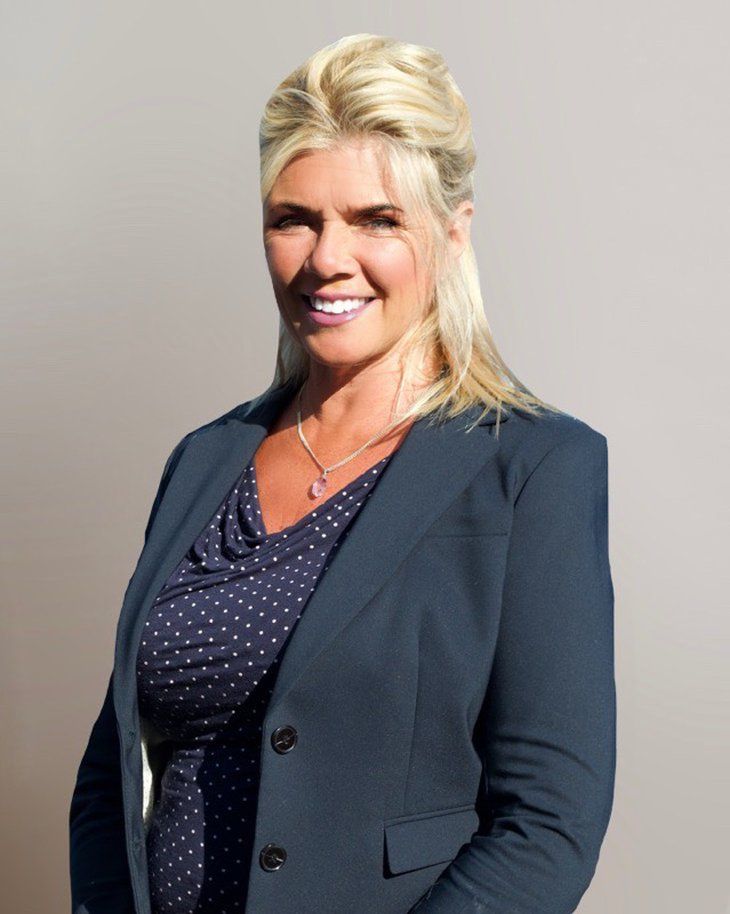
Did we answer all your fertility questions today?
If you still feel you need more guidance and support, you can book a FREE 1-2-1 discovery meeting to talk through the options available to you.

Vicky is a general counsellor and a specialist infertility counsellor - after completing her diploma, her journey inspired her to take further training to enable her to specialise in fertility. She is an accredited member of BICA (British Infertility Counselling Association) and on the BICA executive committee.
Vicky Says:
For me counselling can be seen as a scary word and for some people I feel it implies they can't cope - this couldn't be further from the truth. I much prefer to think of it as support at a challenging time; my own personal journey taught me just how helpful this type of help could be. The diagnosis of infertility can often feel like a life crisis. It may be very difficult to come to terms with, and it is entirely normal to experience feelings of distress, loss, grief, anxiety, sadness, isolation, and frustration. All these feelings can be overwhelming and difficult to deal with. Infertility can affect all your relationships - including the relationship with your partner, relatives, friends, and even colleagues at work.
Additionally, your self-esteem and sexual relationships may take a battering. Counselling is vital; it gives you a confidential, safe space, and some support during a tough time. Furthermore, infertility counselling can often be a great stress reliever, which, of course, can only help during a treatment cycle. It can be quite practical; we can look at strategies that can be put in place to cope with a treatment cycle, things that will make it more manageable, including planning for the infamous two-week wait. As an infertility counsellor I have observed that often couples deal with fertility issues very differently, it seems to me that it is quite usual for one partner to feel very isolated and have a great need to talk about "things" again and again. It's a way of coming to terms with what is happening and a way of processing information.
Counselling can provide the support to enable this to happen. Alternatively, a partner may cope by wanting to talk about the issue briefly and find it hard to understand why this rather painful "thing" needs to be discussed again and again. There is no right or wrong way of coping! Counselling can be a way of acknowledging you have different needs and getting the support that is right for you. I realise when you have treatment, time is often of the essence and with this in mind.
Visit her website more details of her support.

If you still feel you need more guidance and support, you can book a FREE 1-2-1 discovery meeting to talk through the options available to you.